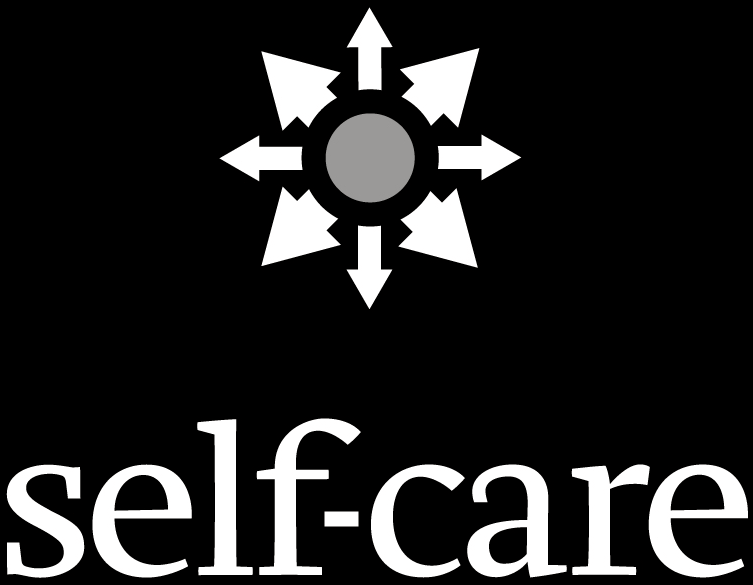What is SELF-CARE?
In 2006 I started a new job in my first role as an executive and quickly learned what that meant. In the first month of that job, I faced an unfamiliar trial by fire situation. During the orientation tour overseas, I was alarmed to learn that half of my territory, a $25 Million tech support engagement was on the brink of being canceled by the client. If I let that business go, I would lose half of my earnings potential and the opportunity for growth. My employer hired me with high expectations. I needed to figure out how to salvage and turn the situation around.
There was enough blame to go around. This high profile, Fortune 20 client originally promised us massive growth in exchange for setting up and running this operation in record time, and that promise was unkept by the client. Furthermore, this business was losing money and the contract limited freedom to do things differently.
My colleague ran the operations and his motivation to deliver the work was low. At that point, we ranked nearly last among 10 suppliers so the work could easily have shifted and we were given 1 month to address the issues. At first, I tried to convince my colleague to step up his efforts, but he was not receptive. Instead of losing out, I reasoned that there had to be a way forward that was not about my power against his. Frustrated and out of options to influence, I turned to my journal and wrote out options with the intent to overcome the situation.
SELF-CARE is what I called the resulting process that enabled me to get out of my head and lay out a plan. This structure became the framework and acronym for how I went from being irritated to doing something objective.
Putting the Effort to Use
Once I had a plan organized, I reached out and reasoned that we had nothing to lose from trying. I then brought the CEO and COO of our company to the conversation and presented the plan. Within 1 year, we not only saved the account, we grew and went on to open new engagements with this client.
Today, I hear the term self-care daily from a variety of sources. There’s even a song about it from the late Mac Miller by the same name. Most of the time, self-care means doing something nice for yourself in some form of compassionate way. The closest explanation to our usage is in a Forbes article.
Being clear on what needed to be done meant gathering facts and putting emotions aside to focus on mutual objectives. My first successful application of SELF-CARE was successful. Since then, I continue to use this approach to re-evaluate myself in terms of all my important relationships.
At some point, we need to set boundaries for discipline and to take personal care, but before we do so, we need to put ourselves on the witness stand for cross-examination. With this approach, I can objectively convert negative stress into an effort.
How to Evaluate Yourself and Plan SELF-CARE
Beginning with a detached point on feedback, ask yourself the following questions with the presence of mind (without distraction or prejudice):
INTERNAL EXPERIENCE (SELF)
- Sense: What is the most important or persistent subject on my mind?
- Experience: What is my emotional experience in words when I sense this topic?
- Life-Force: Does my energy, vitality, enthusiasm rise or fall with this thinking?
- Faith: What is my vision for this situation? What is my decision on those paths?
EXTERNAL EXPRESSION (CARE)
- Courage: What fear do I need to overcome and what are the risks I have to face?
- Appreciation: How can I create value for myself and others from this situation?
- Respect: What are the rules to follow so I am not ignorant, arrogant, or wishful?
- Effort: What are then the actions I need to take and the order to fulfill a vision?
Moving Forward
After you use this guideline, you identify a series of efforts that can move you forward. You should then use the time management system that is provided on this platform to put the effort into your schedule of work. The power of this methodology is in the way it works. Allowing your efforts to lead positions you to move forward.
Ultimately, to get over a situation that occupies your mind and your emotional state is a decision that only you can make. Use a daily journal, and where you see a pattern that repeats itself or identify some tension that can lead to an unnecessary confrontation, get ahead of it and do it objectively. It is better to arrive at a joint effort.
I have used this method to handle relationship challenges across organizations and cultural persuasions. SELF-CARE is about rising above the level at which relationships collapse. I encourage everyone to try this method.
